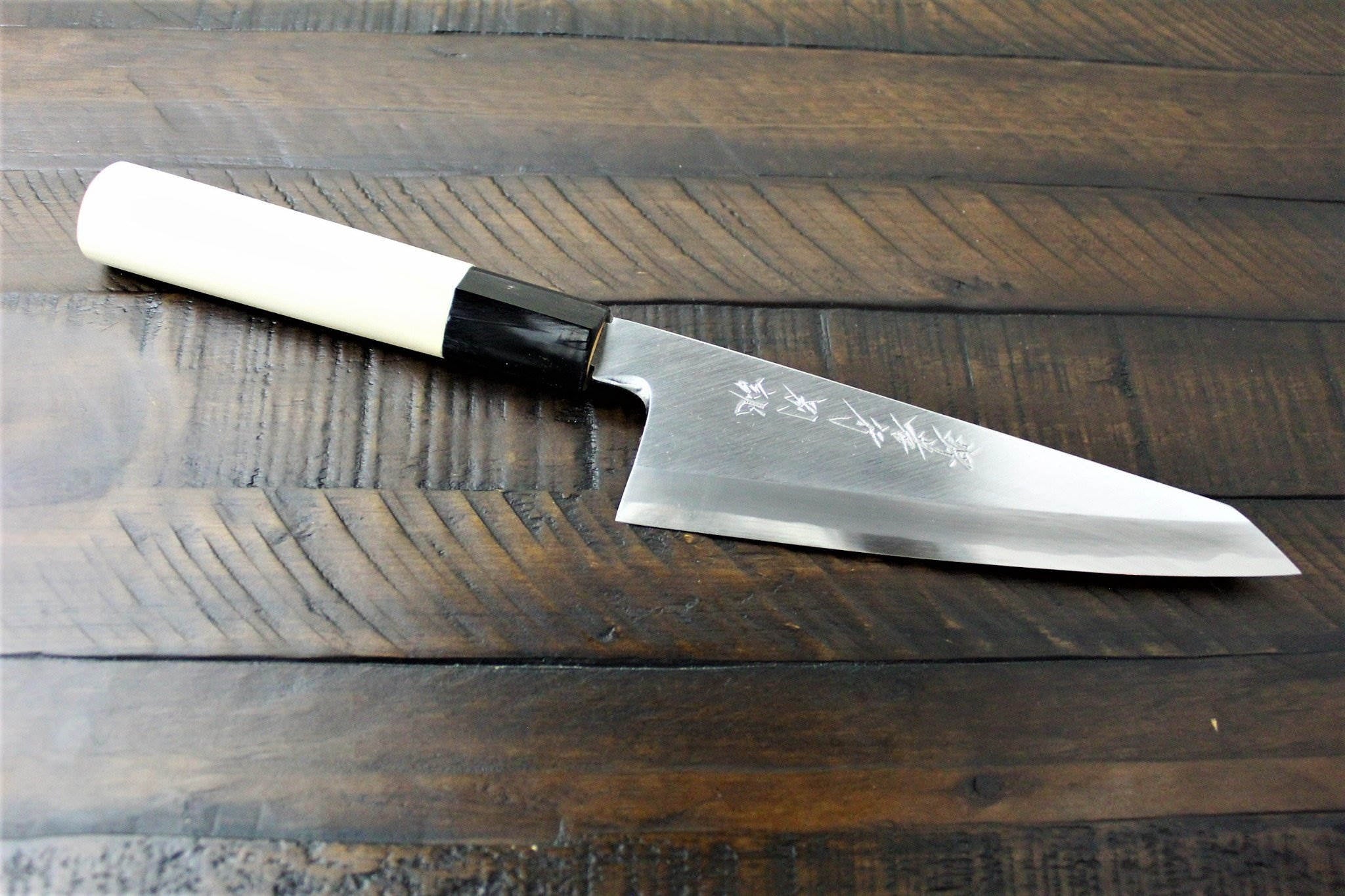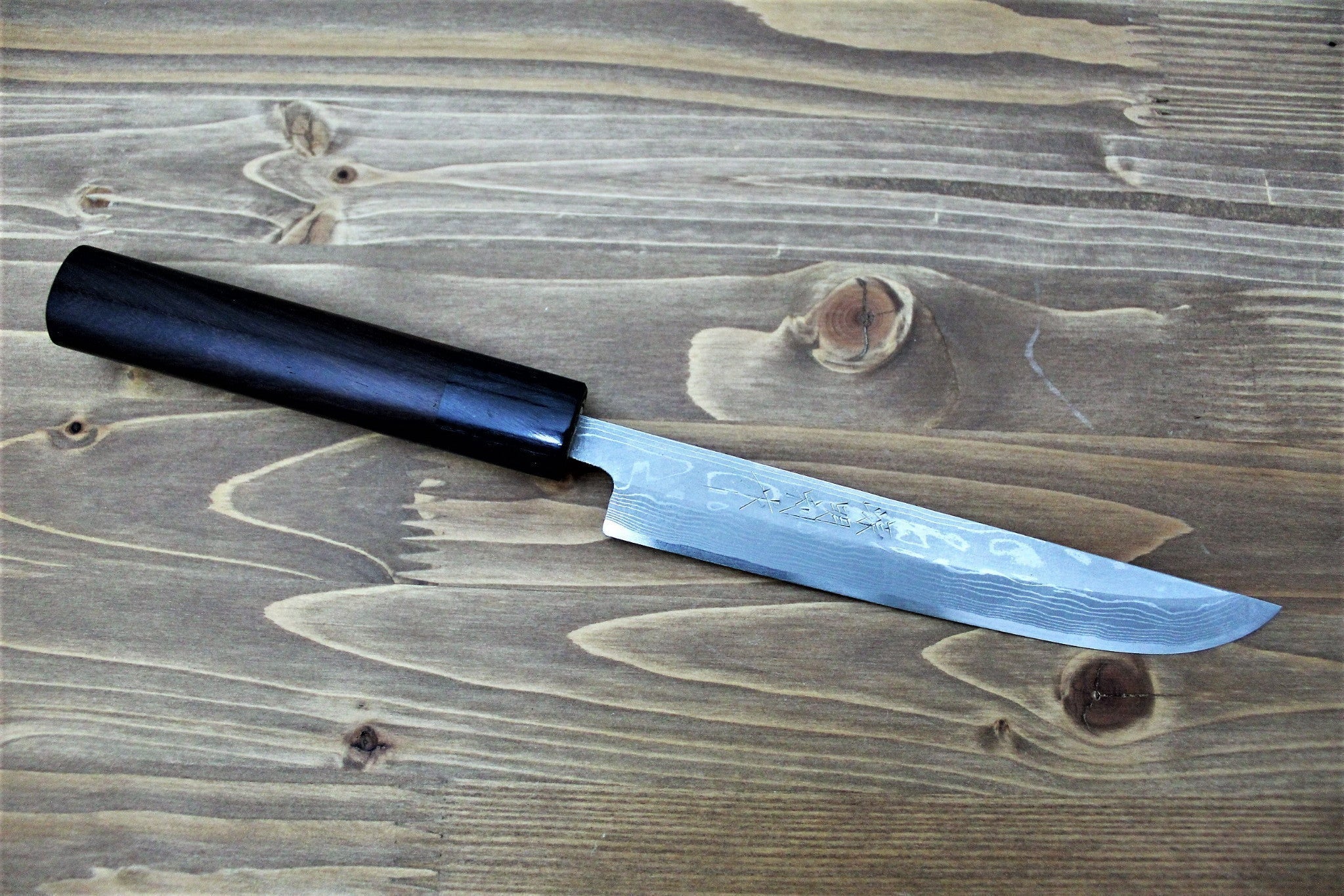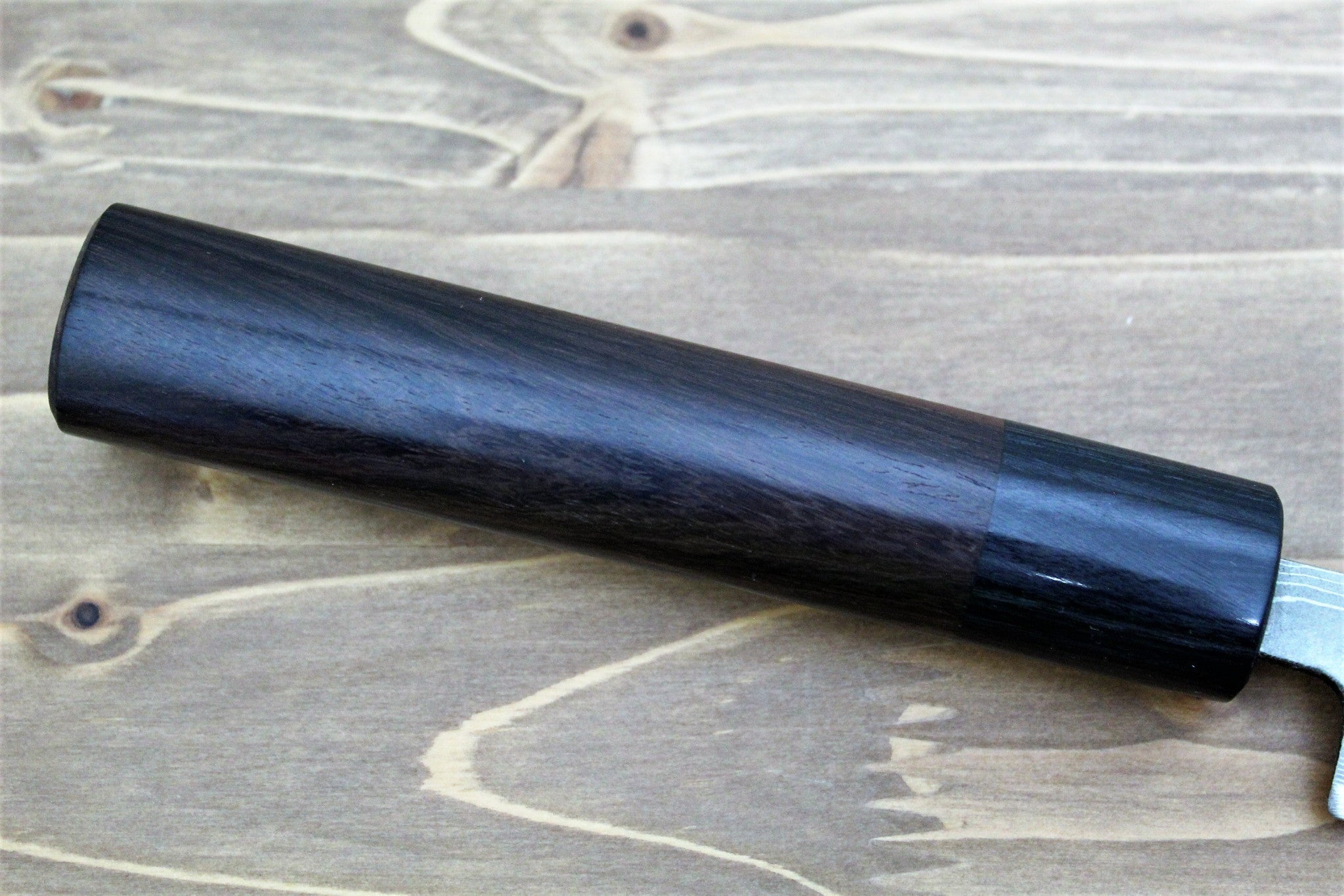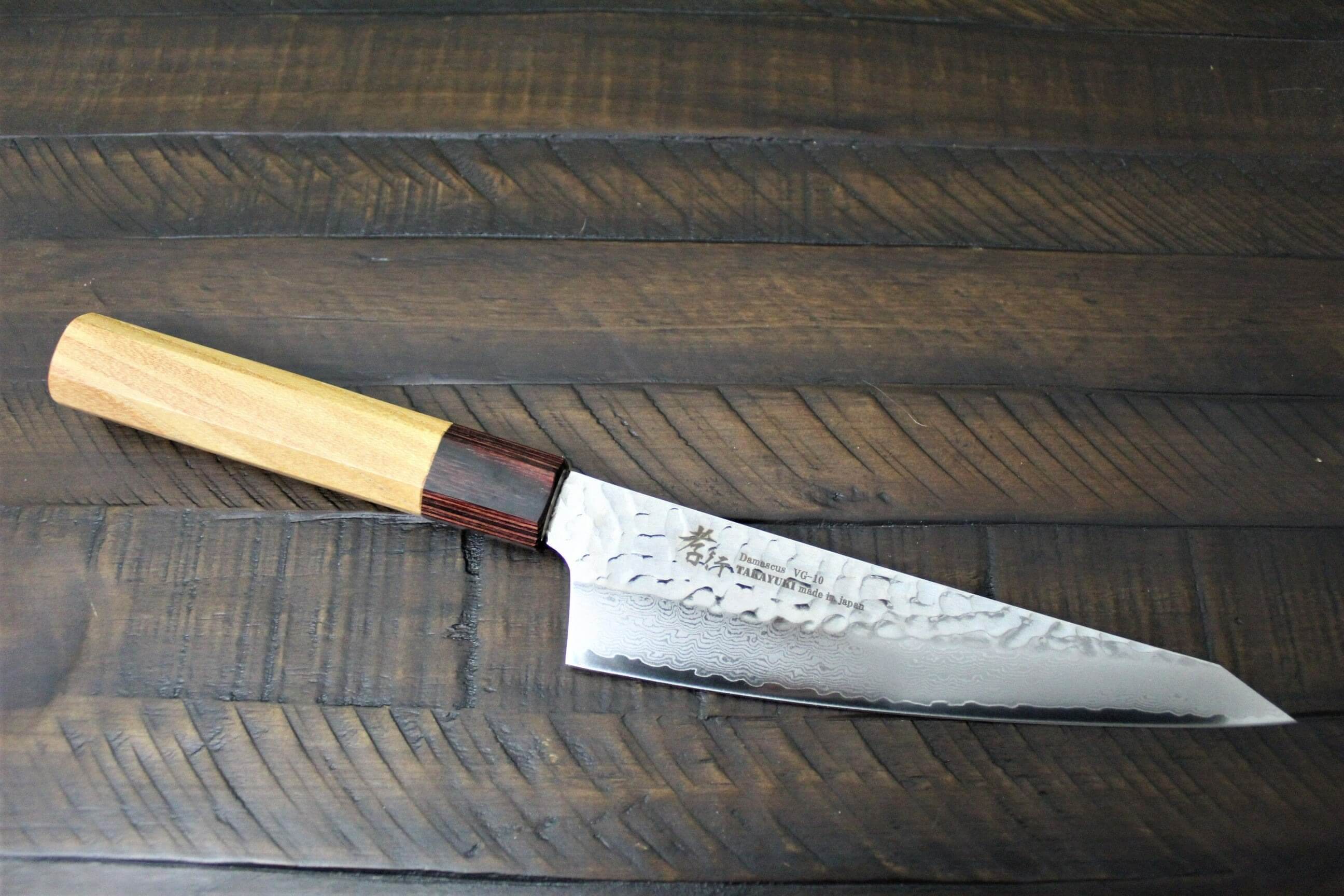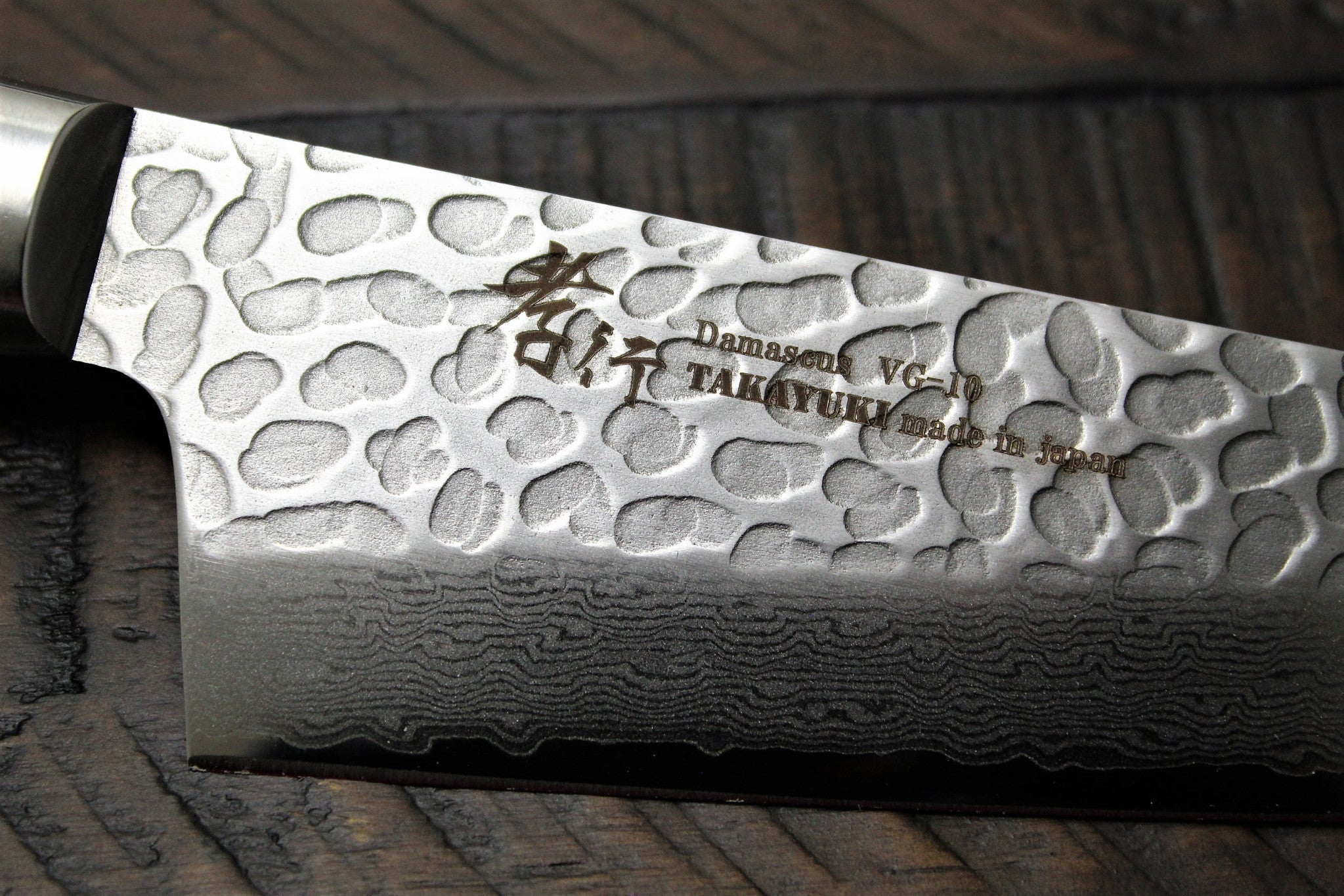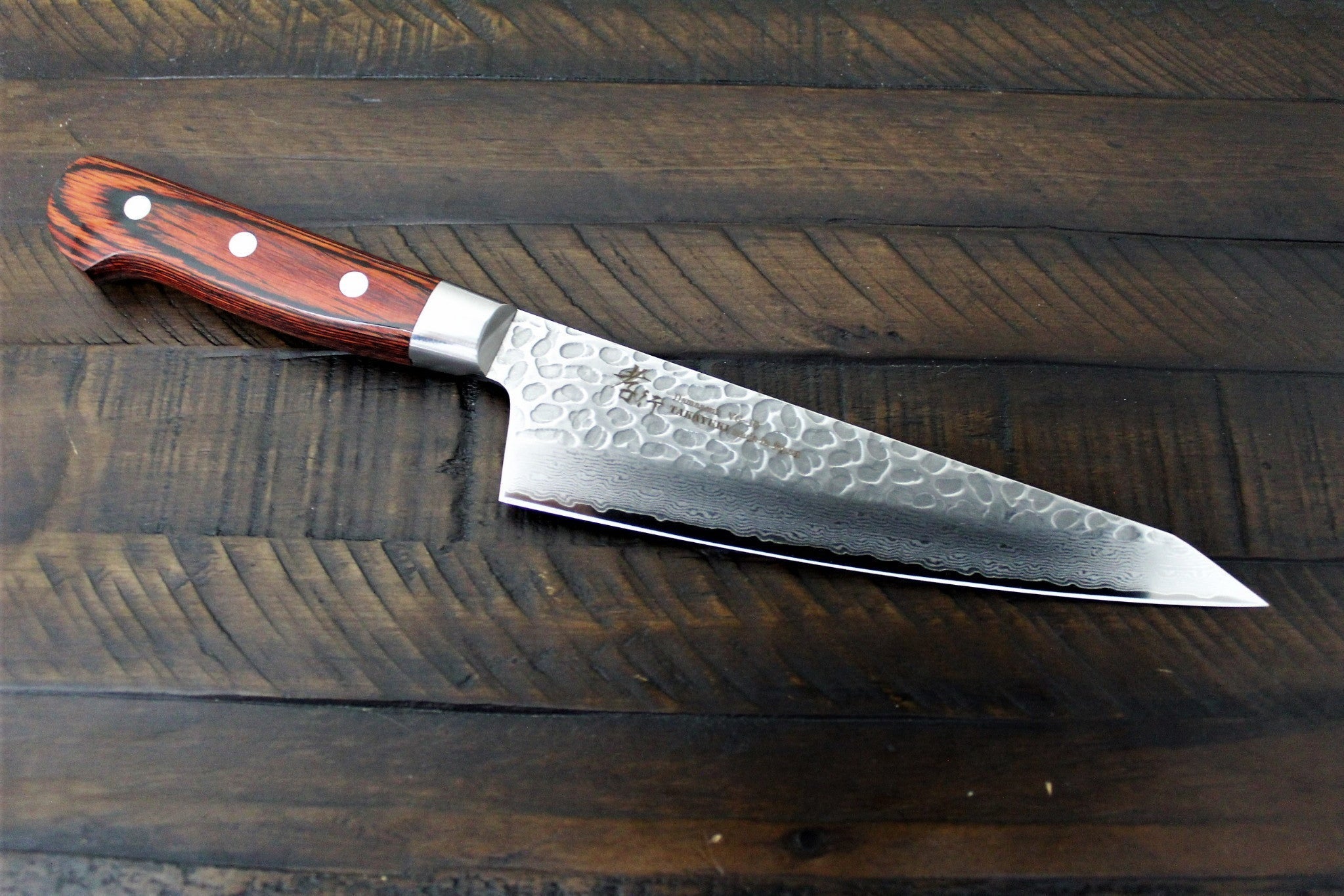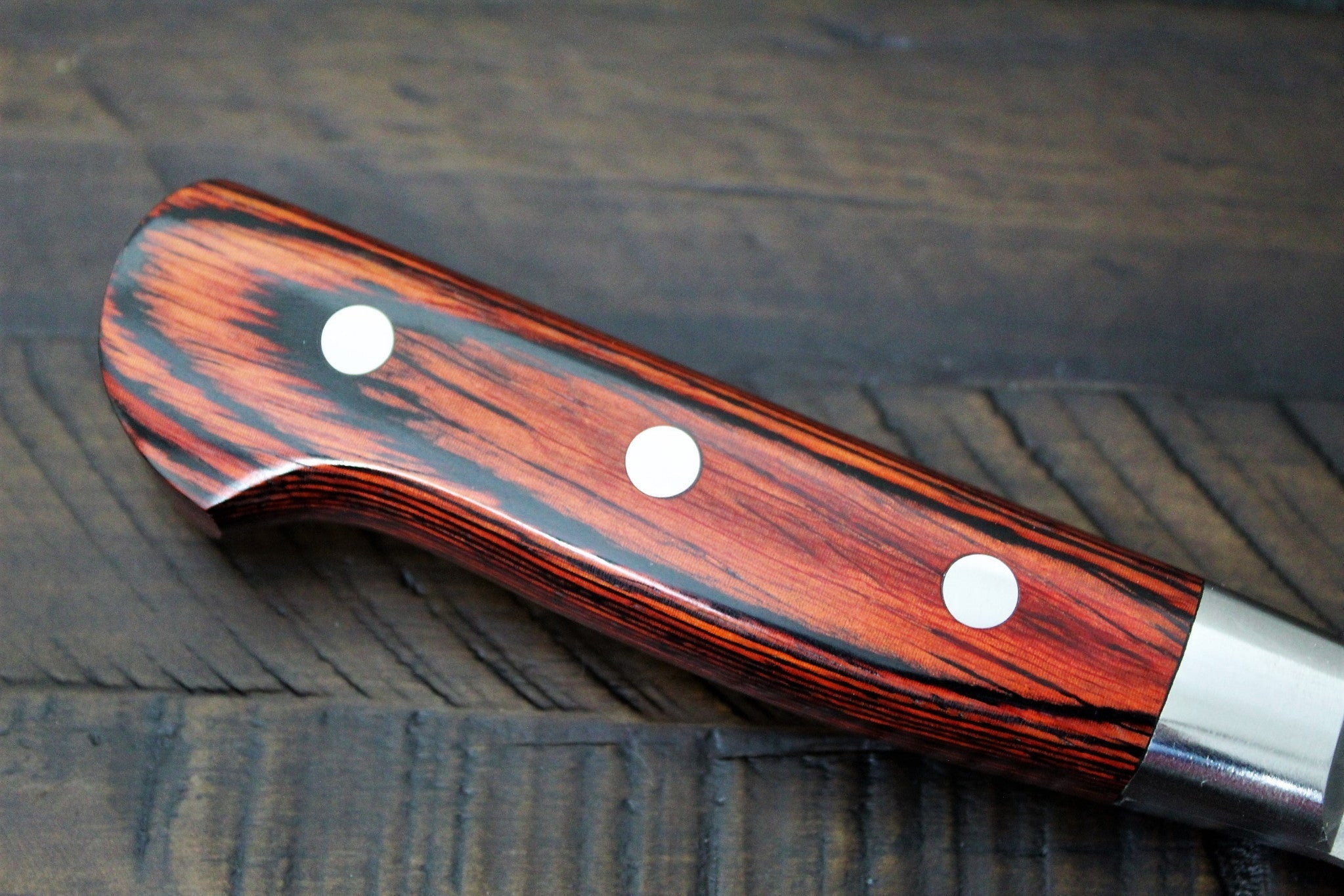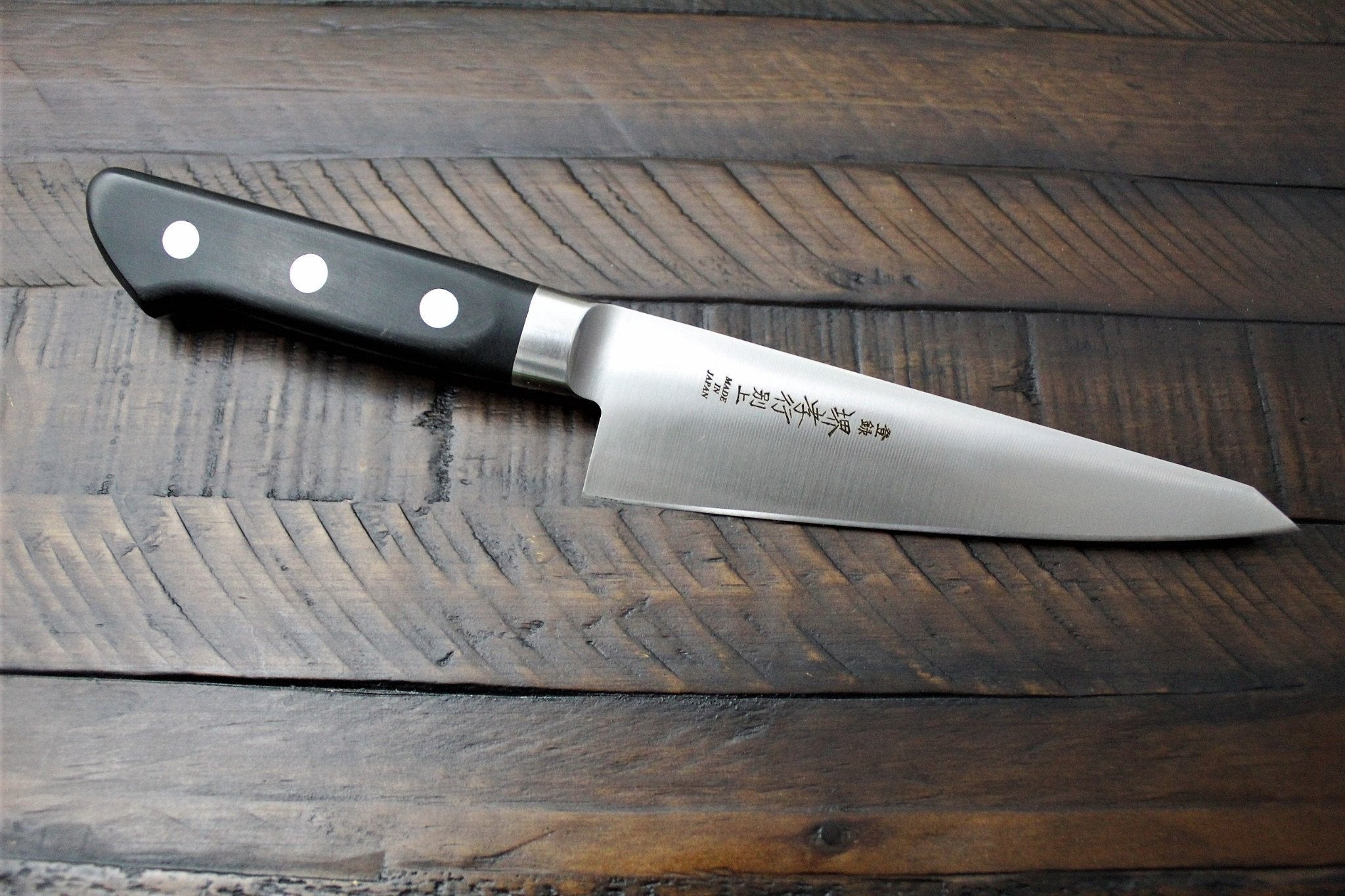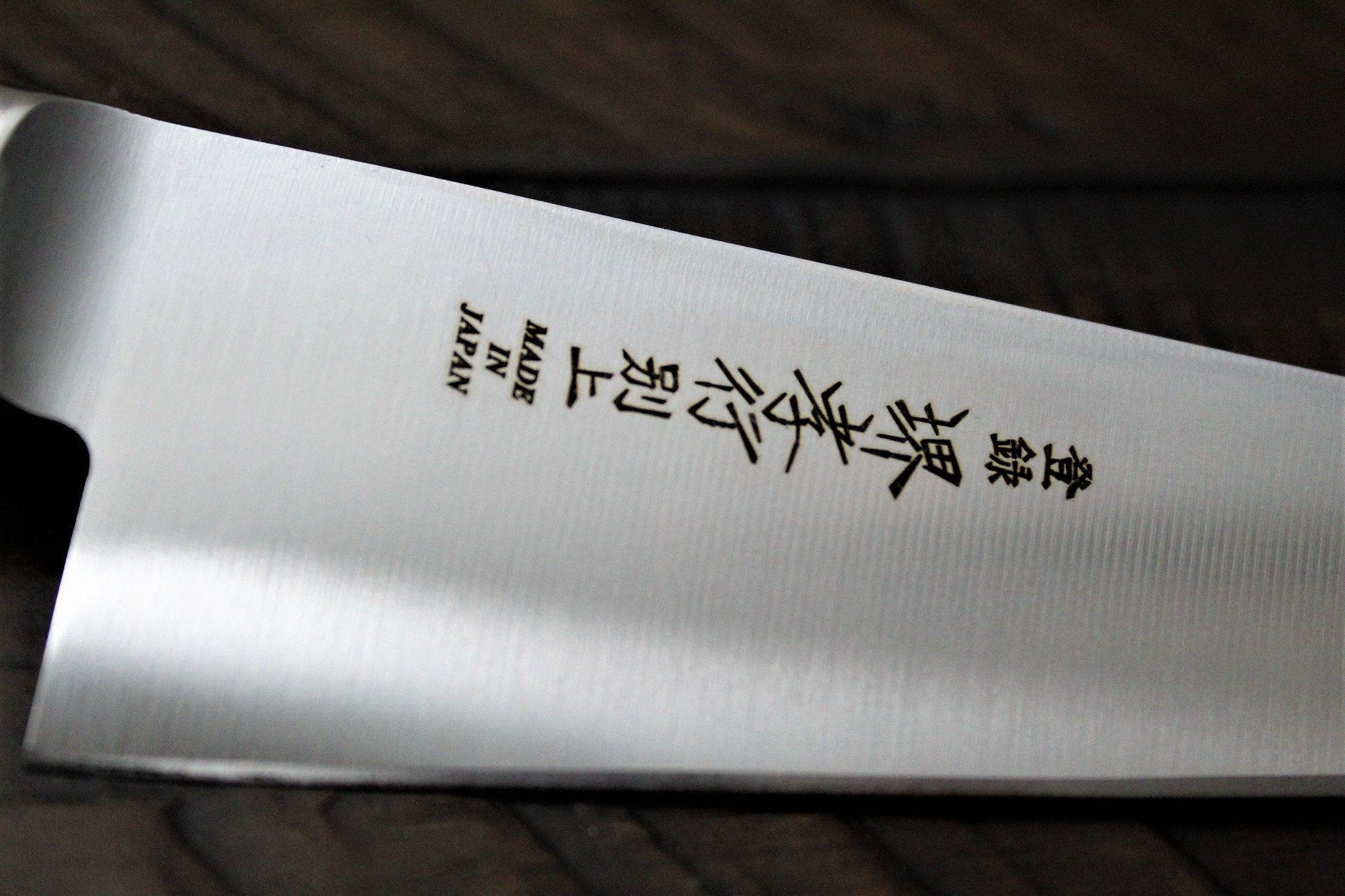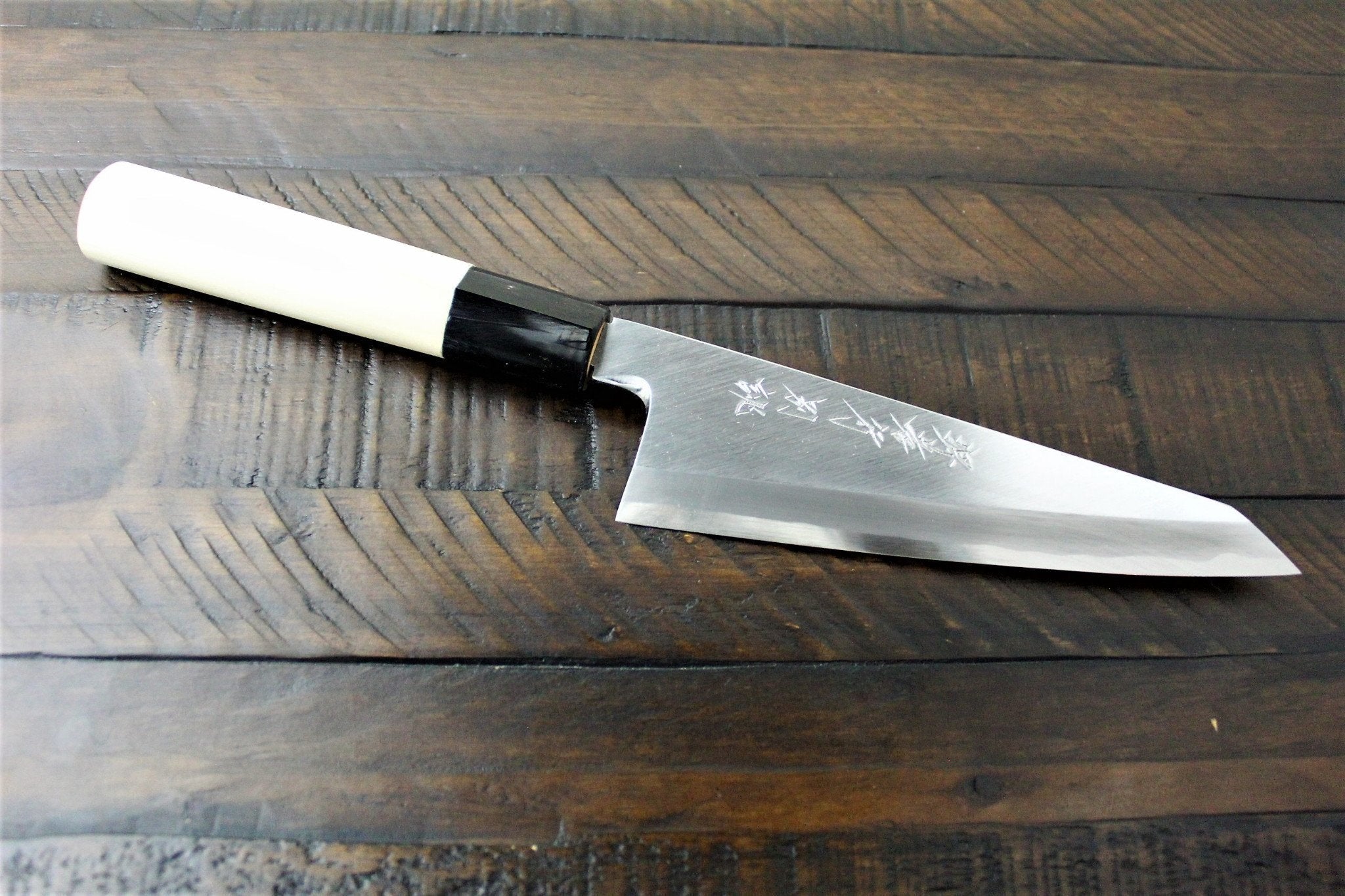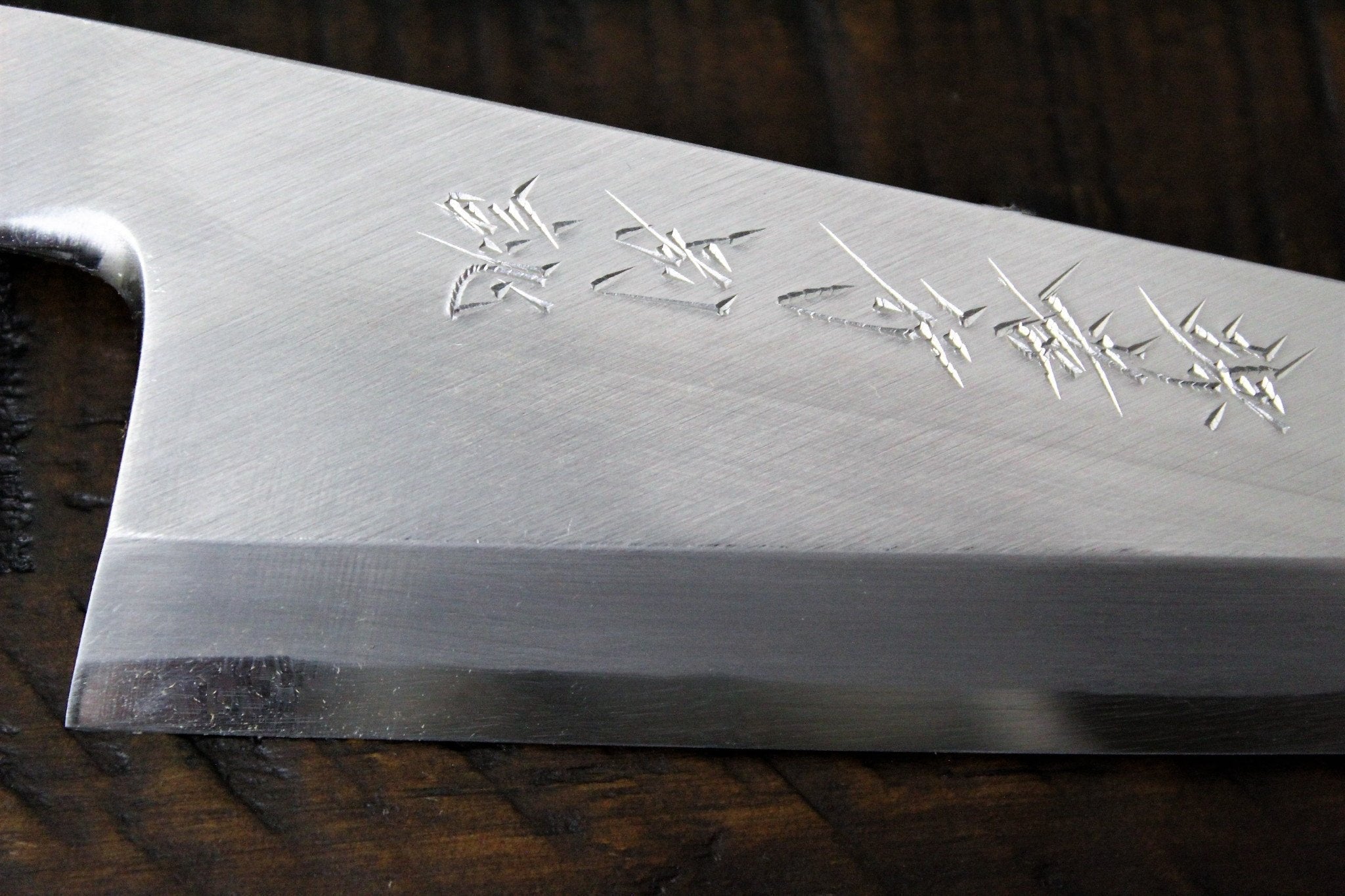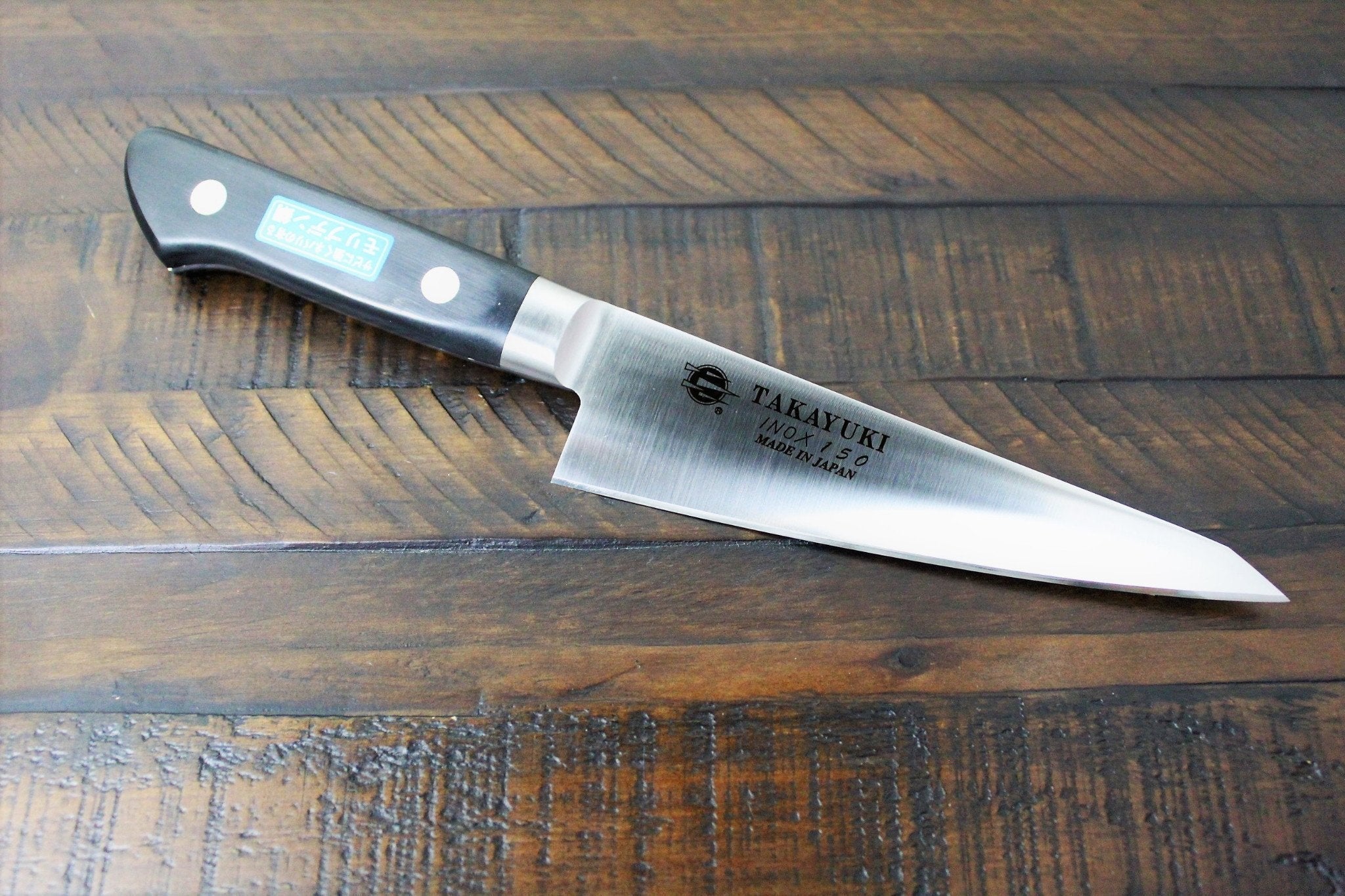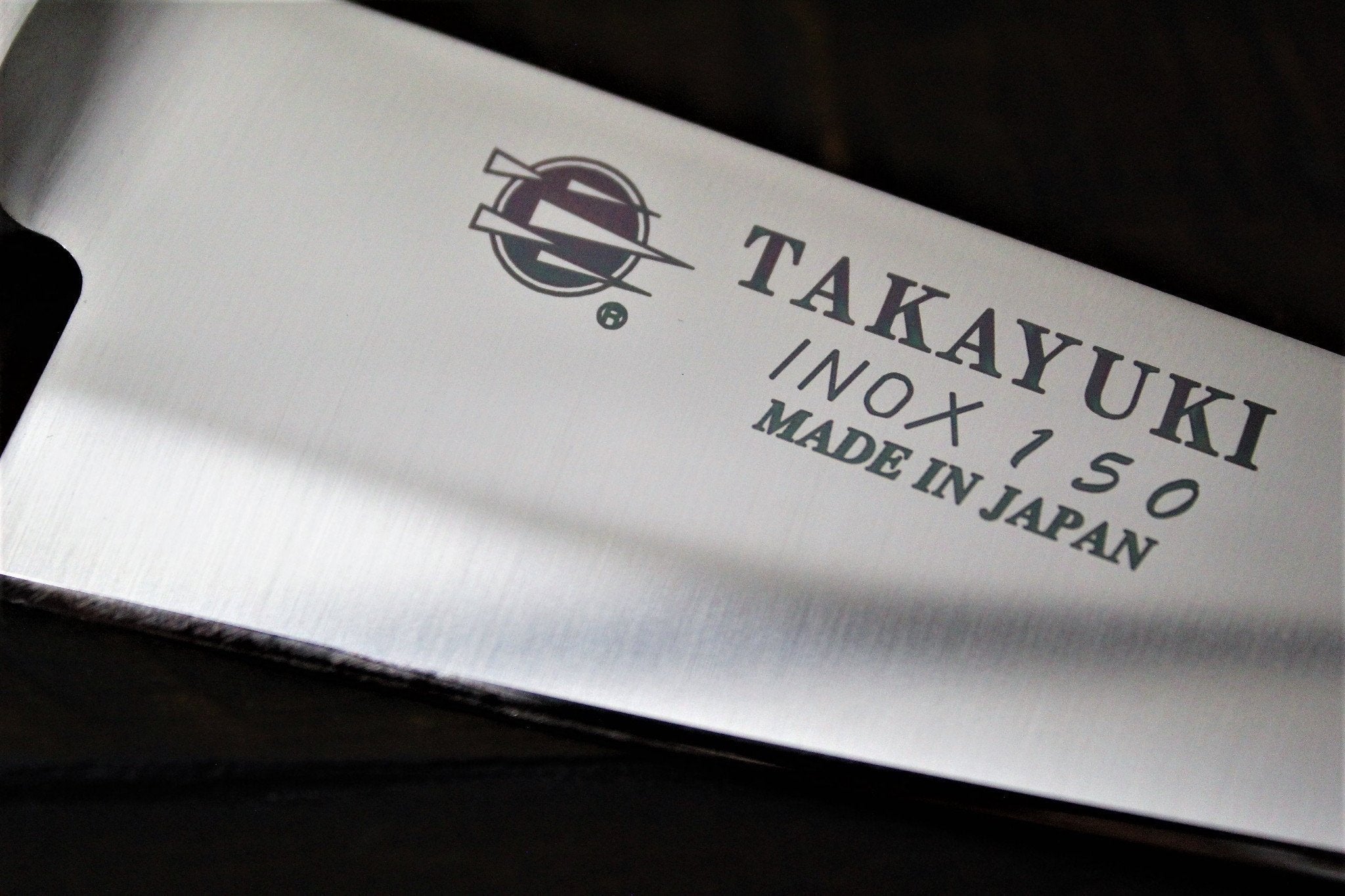Filters
The Form and Function of the Japanese Boning Knife
In the revered culinary realm of Japan, where precision and craftmanship intertwine to create delectable dishes, these knives emerge as indispensable instruments in both form and function. Embodying the meticulous craftsmanship and dedication to perfection that is deeply rooted in Japanese culture and tradition, these knife blades are a testament to the profound respect for ingredients and the devotion to refining every step in the culinary process.
Crafted with mastery, these Boning knives are used as extensions of the chef’s hands and move together with him as if they were one. Their essence lies in their manufacturing and refined knife blade-making techniques, fostering a connection to a rich history that continues to resonate today. Each blade is forged with precision allowing for precise deboning with minimal effort.
The Form and Function of the Japanese Boning Knife
In the revered culinary realm of Japan, where precision and craftmanship intertwine to create delectable dishes, these knives emerge as indispensable instruments in both form and function. Embodying the meticulous craftsmanship and dedication to perfection that is deeply rooted in Japanese culture and tradition, these knife blades are a testament to the profound respect for ingredients and the devotion to refining every step in the culinary process.
Crafted with mastery, these Boning knives are used as extensions of the chef’s hands and move together with him as if they were one. Their essence lies in their manufacturing and refined knife blade-making techniques, fostering a connection to a rich history that continues to resonate today. Each blade is forged with precision. . . Show More >

